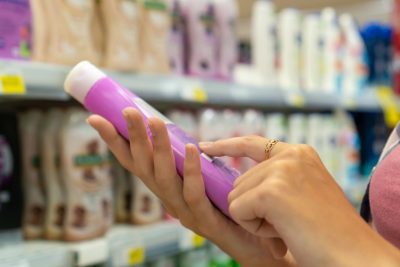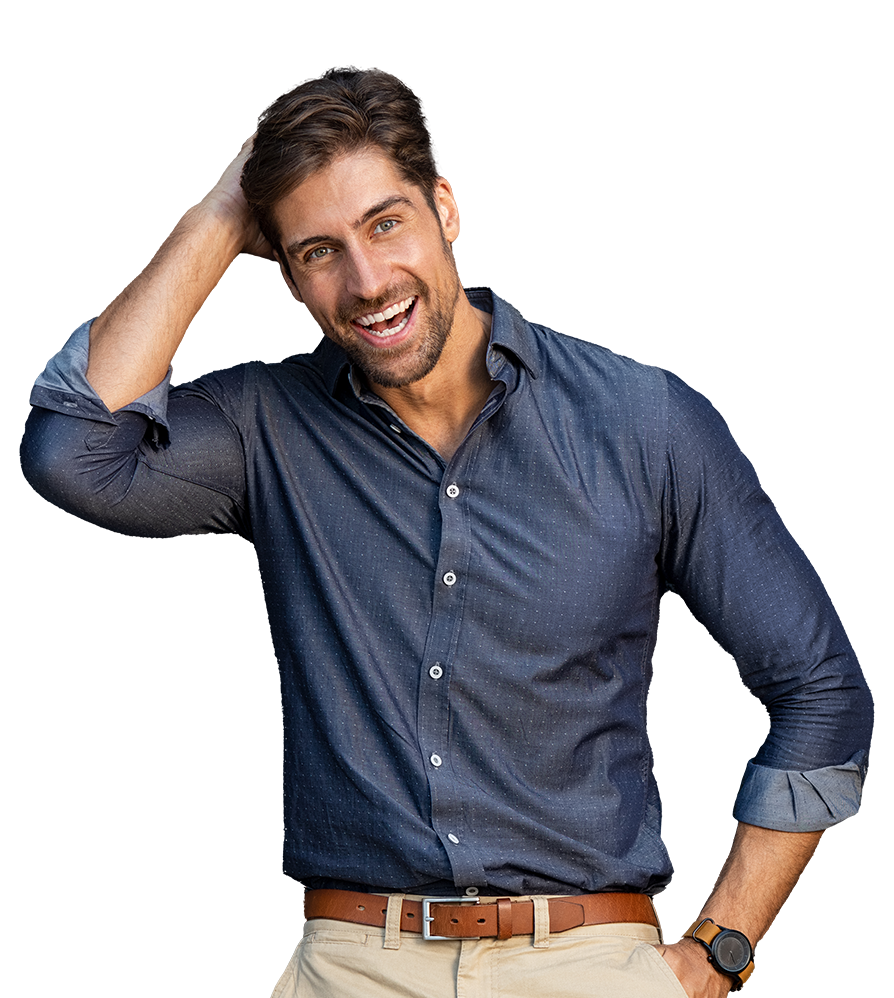Sometimes reading product labels can feel like reading a foreign language, especially when it comes to the hair and beauty industry. Beauty companies love placing attention-grabbing terms on products claiming to deliver benefits that don’t have to be backed up by science. In fact, as long as a product doesn’t claim to alter the body’s function or structure, a company doesn’t need FDA approval to market it to the public.
especially when it comes to the hair and beauty industry. Beauty companies love placing attention-grabbing terms on products claiming to deliver benefits that don’t have to be backed up by science. In fact, as long as a product doesn’t claim to alter the body’s function or structure, a company doesn’t need FDA approval to market it to the public.
So how does one decipher all the lingo and terminology? Keep reading for a handy list of terms typically found on beauty and hair-care labels to help you decode them like a pro.
Natural/All Natural: When a product is labeled “natural”, it means that it contains at least one natural ingredient, not that the product is organic or free of chemicals. The FDA currently has no definition or regulation of this term. “All natural” or “100% natural” simply means a product does not contain any synthetic ingredients.
Organic: The U.S. Department of Agriculture (USDA) certifies organic food ingredients found in cosmetics. In order to carry the USDA Organic seal, a product must contain at least 95 percent organic food. However, this does not apply to essential oils or plants used for cosmetic purposes.
Hypoallergenic: Hypoallergenic means that the ingredients in a product have been shown to be gentler and non-irritating to sensitive skin, not that an individual won’t have a reaction to any of its ingredients. Often, such products contain little to no preservatives, fragrances, sulfates, parabens, and phthalates – ingredients that are known to cause problems for those with sensitive skin.
Fragrance-Free: Unlike products labeled as “unscented”, fragrance-free products are free from any fragrance or masking materials used to neutralize any unpleasant smells released by other ingredients. Skin care products that contain odor-neutralizing chemicals are considered “unscented”.
Non-Comedogenic: Comedos or comedones are essentially clogged pores. Closed comedones are typically referred to as whiteheads while open comedones are more commonly known as blackheads. Non-comedogenic products are recommended for those with oily or acne-prone skin as they tend to have a lighter texture or less oily ingredients to prevent pores from becoming blocked. While non-comedogenic products are less likely to cause breakouts, there’s no guarantee they won’t.
Dermatologist-Tested: This means a product was tested by or in consultation with a dermatologist for signs of a reaction. However, it does not mean a product is dermatologist-approved, endorsed, or recommended.
Sulfate-Free: Sulfates are surfactants (or detergents) that are commonly found in haircare products. While they cleanse and remove dirt and oil, sulfates are problematic for mature hair because they can strip hair of its natural balance of oils. Look for low-sudsing, sulfate-free products that are gentler on mature locks.
Paraben-Free: Parabens are another common hair and beauty product ingredient used to help preserve cosmetics and hair-care products. They have been linked to increased estrogen in women and various skin and scalp issues. Before purchasing a product, scan the label for any ingredients ending with the word “paraben,” such as methylparaben.
Cruelty-Free: Cruelty-free refers to how a product was produced and means that it was not tested on animals.
Vegan: The vegan label means that no cosmetic or hair product ingredients are derived from animals.
Hydrating: People often use “hydrating” and “moisturizing” interchangeably, however there are notable differences. A moisturizer seals water in to prevent water loss, whereas a hydrating product draws water to cells to hydrate skin that has become dull and/or dry. Both have their place, but you should select the product that addresses the condition of your skin.
Yet, even the best products with the most accurate labels can only do so much to slow down or stop hair loss or thinning. If you’re dealing with a widening part, receding hairline, or bald spot, it’s time to contact the hair loss experts at DiStefano Hair Restoration Center. Call us today to schedule your free consultation.


